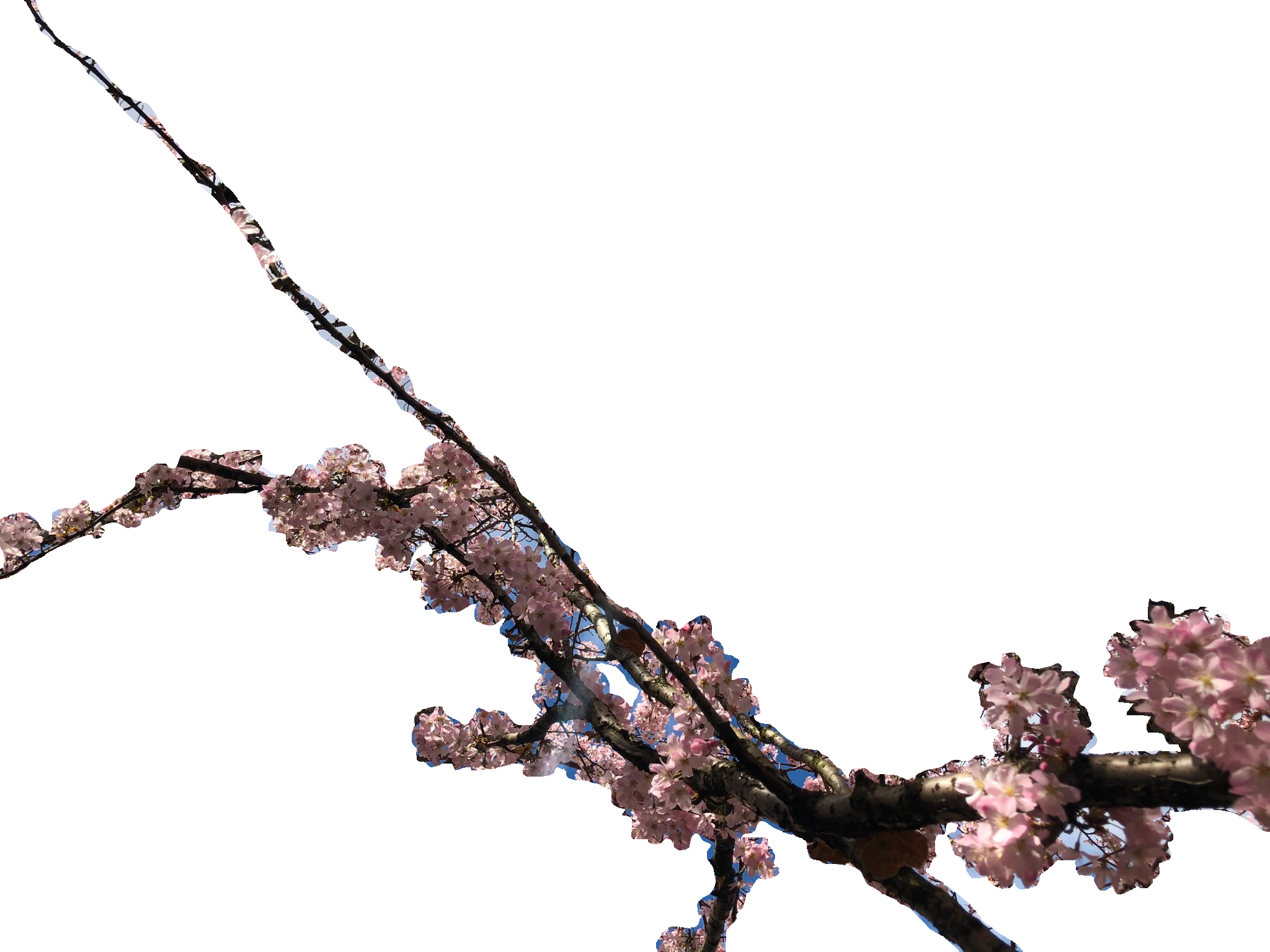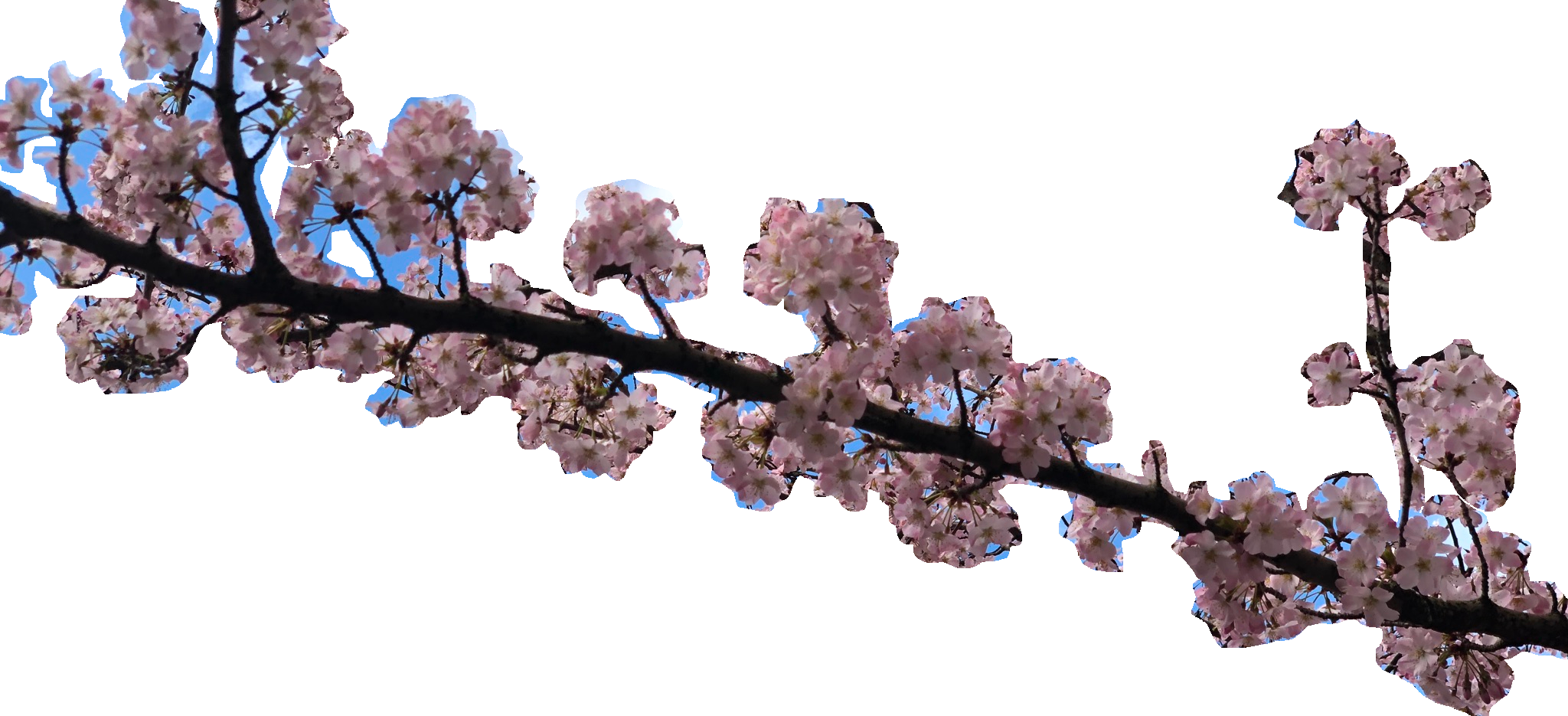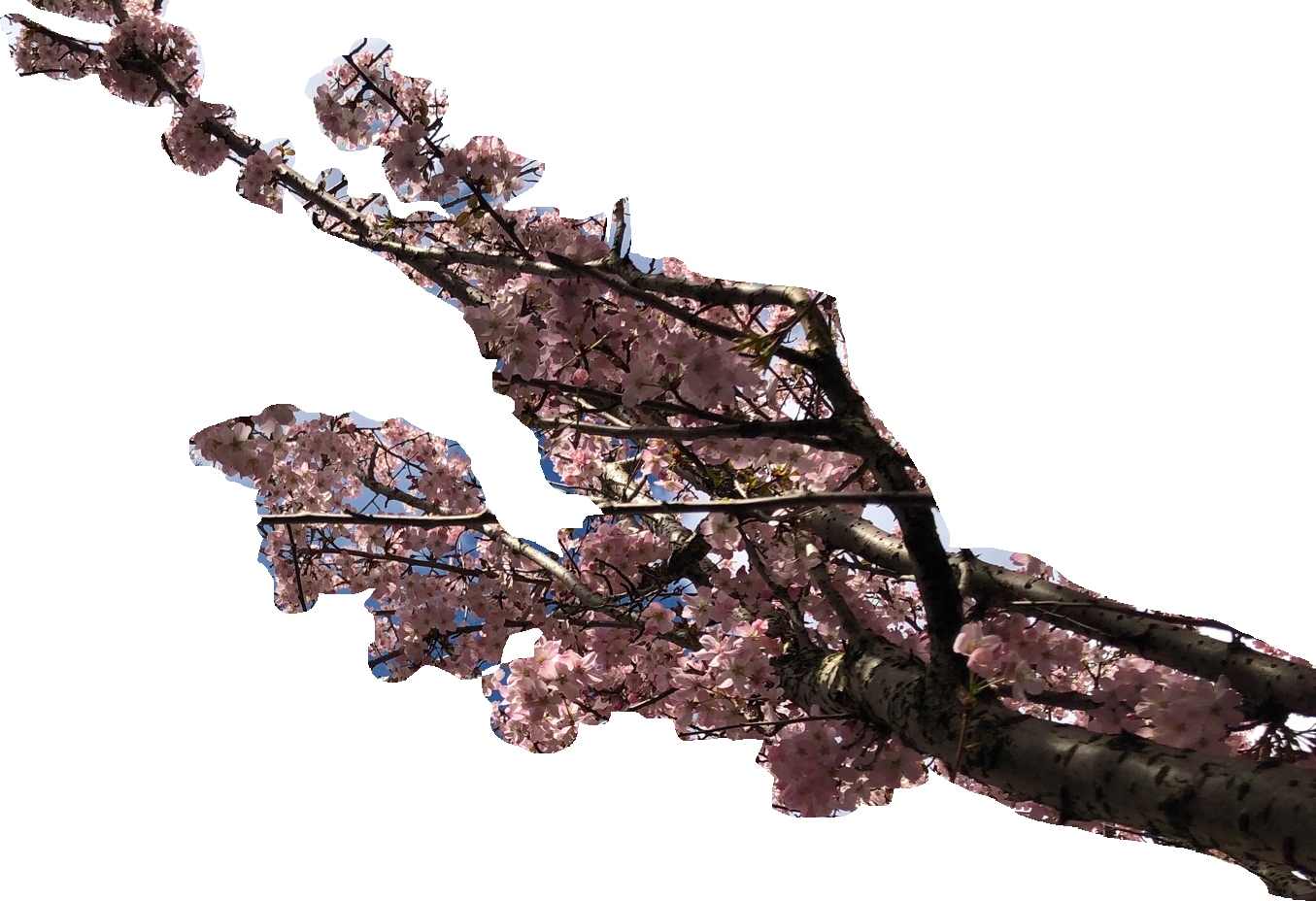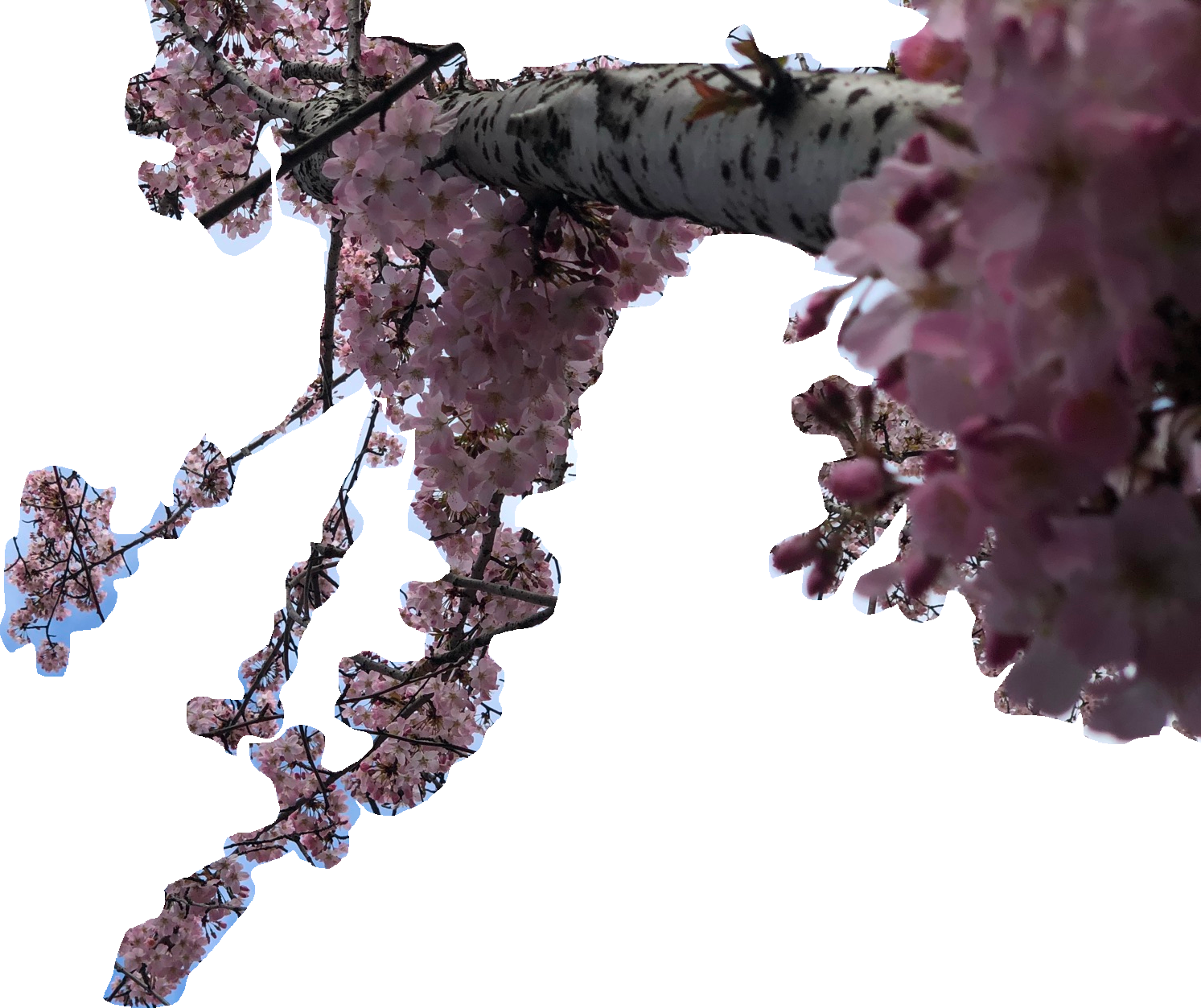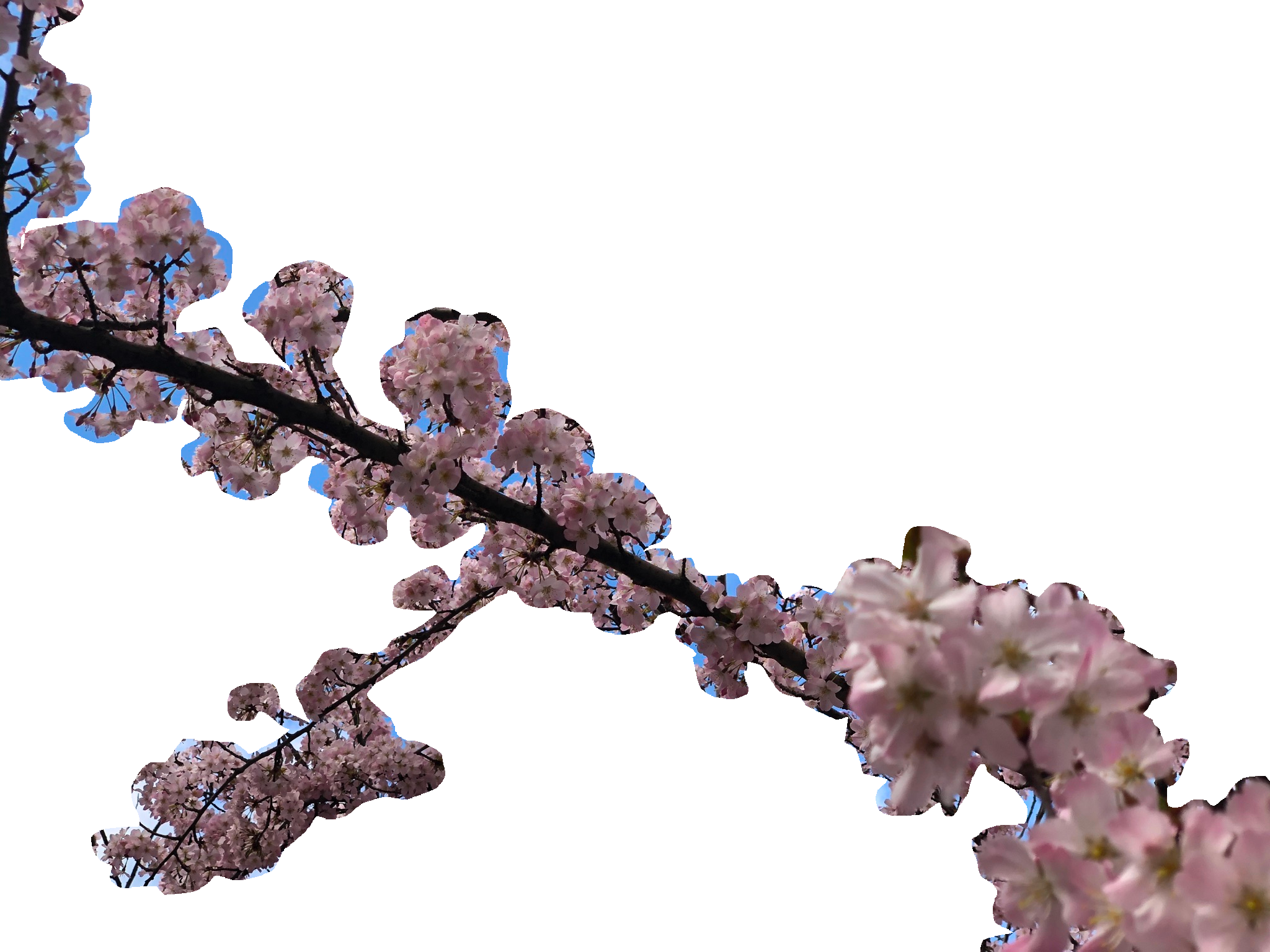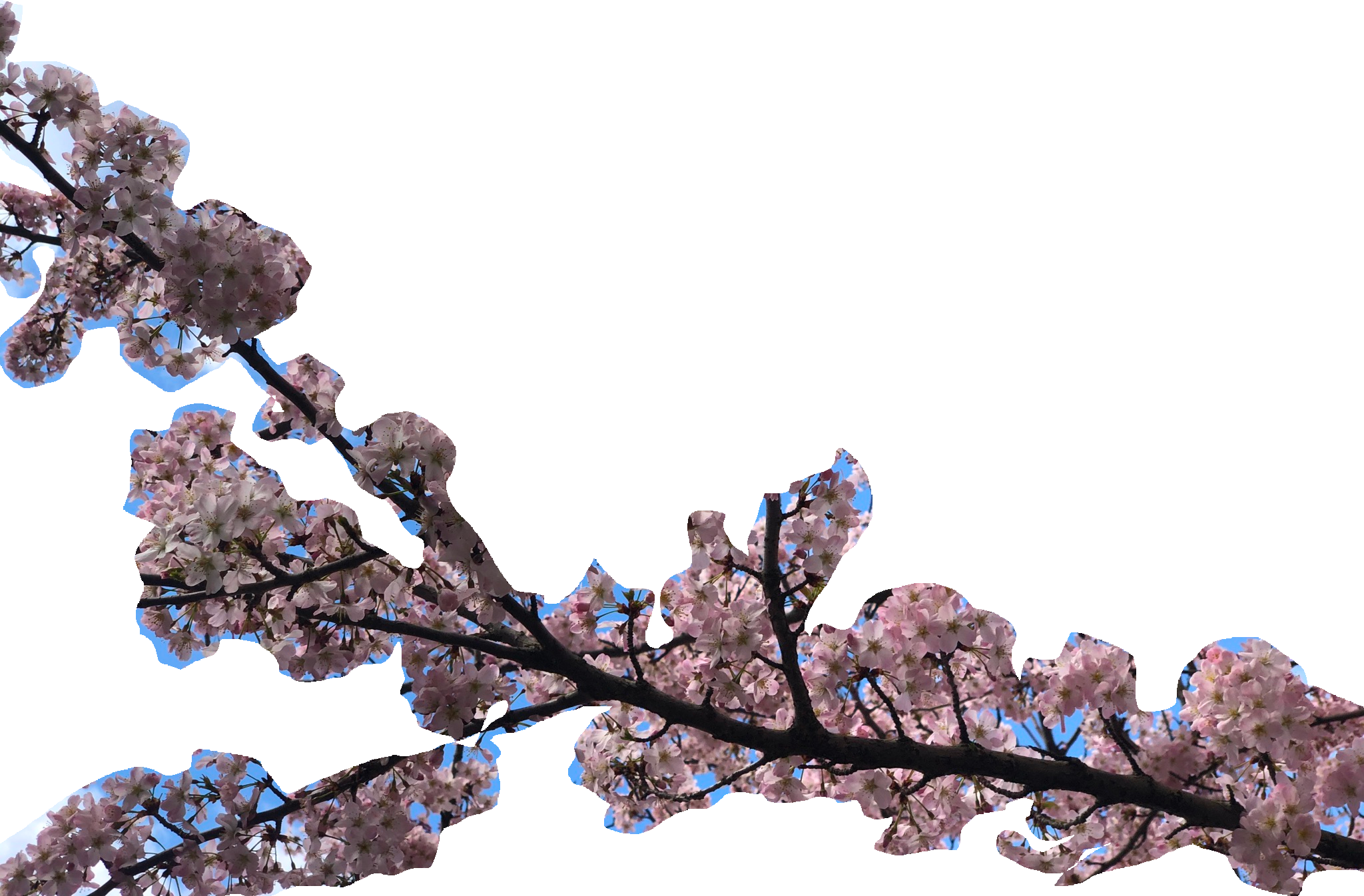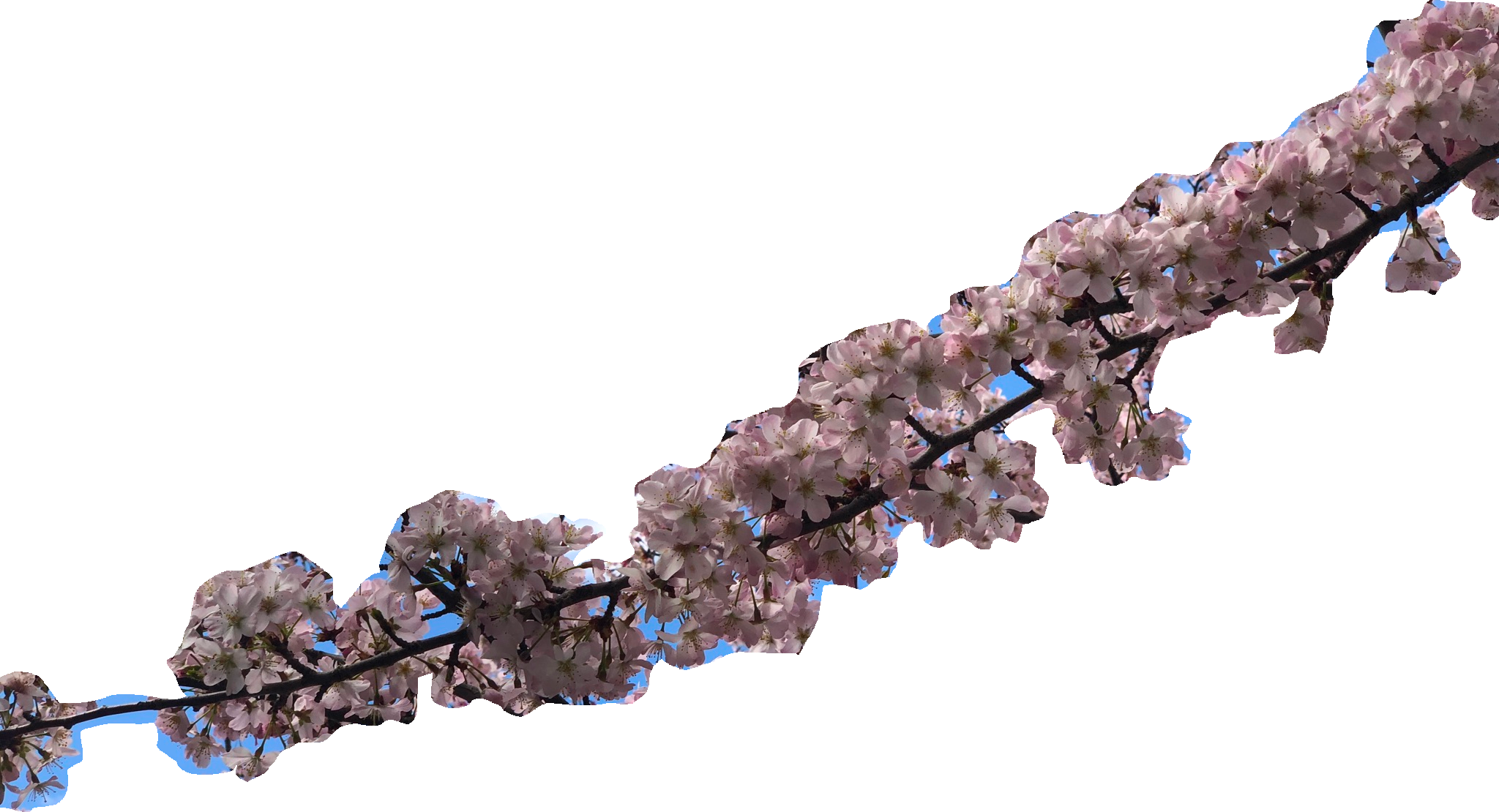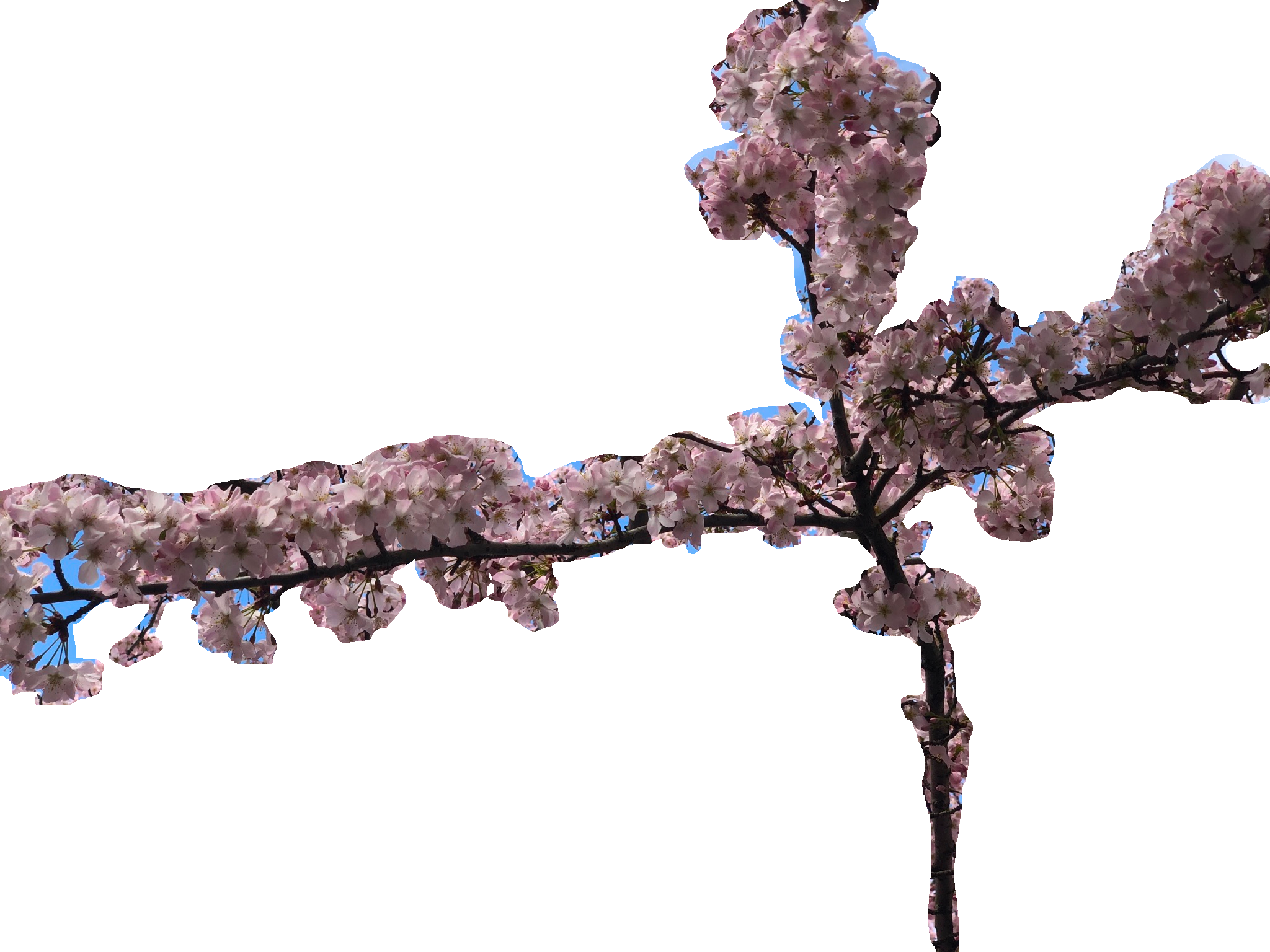Hey blog it's September 2025, and nothing has happened. Charlie Kirk got shot, Nepal elected their prime minister on Discord, Donald Trump and his goon discovered Tylenol causes autism, and something else but I forgot. Everything feels like being trapped in a nothingburger. I cannot allow myself to become trapped in the cycle of the news cycle of news of rage at other news. I feel the need to systematise and use up my hours most efficiently. I no longer watch YouTube. I go to the cinema. I don't scroll the internet. I read books and serious people writing about them. I go to the club, the philharmonic or the opera. I need everything to be a mille-feuille of meaning and if it isn't, I must interpret it as such.
I went to see Aida at Deutsche Oper recently. The entire experience of going to the opera is so silly. I took the U bahn in my strategically-tight little cocktail dress, forcing me to hop-pi-ty along instead of jog with my bound legs up and down flights of stairs in order to not be late. The pilgrimage's terminal was U Deutsche Oper, signalling cultural importance. There is the architecture of the building and its entrance, with scattered open-air cloakroom, then a delayed foyer on an upper-level overhang, as if emulating a journey into a pocket dimension. The auditorium nearly appears as a building within the building. Multiple entrances to the audience pit are labelled for efficient herding of the audience into the auditorium.
Aida the tragic opera revolves around 5 main characters: Aida, Radames, Amneris, the Ethiopians, and the nation of Egypt. Aida is the slave-girl of Radames. She is in love with her master, who has been elected as the leader of the Egyptian army. Amneris is the daughter of the king of Egypt, and (basically) has a crush on Radames, destined to resent both him and Aida the slave girl. Classic love triangle tragic set-up. The Ethiopians are "attacking" the sacred nation of Egypt, but the gods, along with the divinely-elected army leader, will protect the blessèd nation from these barbarians!
I started to lose my sympathy when Aida appeared to collapse and die from heartbreak and psychological suffering for the 5th time. The truth was all of these characters were caught up in self-constructed borderline-psychotic neuroses. If Aida was real and not some manifestation of both the resentment in Amneris' and Radames' relationship and the guilt Radames feels from the consequences of his actions in war with the Ethiopians, Amneris should have moved on from the dumb himbo and let him run away with his slave girl to some far-away land. Problem solved! Nobody (spoiler alert) has to commit suicide.
So, nothing ever happens. But wait, no, something definitely happened here. Yes, I was perplexed by the perhaps unjustifyably- and ambiguously-modernised staging. Yes, I felt as if there was a need to engage with the art on some stupid and detached interpretive level. But then, after I nearly dozed off while they were busy killing themselves, I was once again struck awake by the ceremony of the clapping. The reality was that the reality of this make-believe reality was just immense. Slowly, this was unveiled, as the previously-hidden participants shuffled onto the stage to bow and curtsy. First, the obvious: the orchestra stretched themselves along the length of the stage. Then, the opera singers came out. But they just kept coming. The opera singers who had been strategically placed and hidden within the audience. But they just kept coming. The costume designers, the choreographers, the set designers, the directors. But they just kept coming. The composer, the architect, the audience. But they just kept coming. All these people, all of this, to build up all the layers in the mille-feuille. The performance of one moment, to be unrecorded and lost to time, never to happen in the same way again.
And above all, I had felt something for Aida, a reflection of my relationship to my own manufactured neuroses. Are we not Radames and Amneris caught up in our artificial modern-life neuroses a lot of the time? I had come and allowed myself to have a nice time with somebody I had only recently met. And I had both shared my feelings and also learned some of her own perspectives.
I am sitting on the train again. I am so wired in. That guy reading a book couldn't possibly be reading a book because he wants to read a book. The other guy sitting next to me is longingly observing the women on the asian softcore porn x parasocial entertainment livestreaming app. To attend an event one must be part of the instagram hive mind. To be at the event one must scroll instagram and pretend to be busy to avoid the discomfort of being alone in the club. Everything has been seeping away. I am writing this and I feel these observations stripping me of my life essence. I am no less detached than those I believe to be detached. "It’s not just that the internet distracts you from making art: the situation is much worse than that. It sidles into the process itself. It replaces your thoughts and words with the thoughts of a digital entity that is not quite yourself but not quite something else either."1 I need to simply be. There is no time to be unserious and there is no time to not be silly.
What is the something that happens? There is always something that happens. Things are constantly happening. There is alignment, integration, execution, catalysis, back to alignment. Opportunities for silly things to happen are constantly and perpetually being gifted to all. I feel it is important to leave space and take them up to escape the mundane. The Integration of these alignments into the self makes the self spit out options for execution. Still sitting on the train I recognise the beauty of the Amerika-Gedenkbibliothek building. I must go to the Amerika-Gedenkbibliothek: execution. Going to the building opens new alignments: catalyst. The cycle starts again. I learn more about architecture, I process grief, I meet a new person.
The things I decide to do are the things that happen.
"you’re just tired, I tried telling myself, you’re just worn out, I justified myself, but couldn’t stand my own inner critic, I ran until I could taste blood in my mouth to the grassy area by Kirkeristen, flung myself down on it, buried my face in it, sobbed into it and recalled my recent dream. I immersed myself in it, the big truck wheel outside the window, the wheel of life and the strange flower and finally the sun, I lost myself in it and slowly I calmed down and began to sense how I belonged to the earth and when I opened my eyes, I saw a huge yellow dandelion growing right behind a bush and it looked joyful, or so it seemed to me, because it grew behind a bush and was a dandelion and yellow. And I got up, dusted myself down and calmly walked back while I thought about Rudolf Karena Hansen’s ‘life or death’ with every step, with every decision, on which side would I stand? I had a choice and I had to choose, we all had to, so would it be ice age or spring?" -- Vigdis Hjorth
